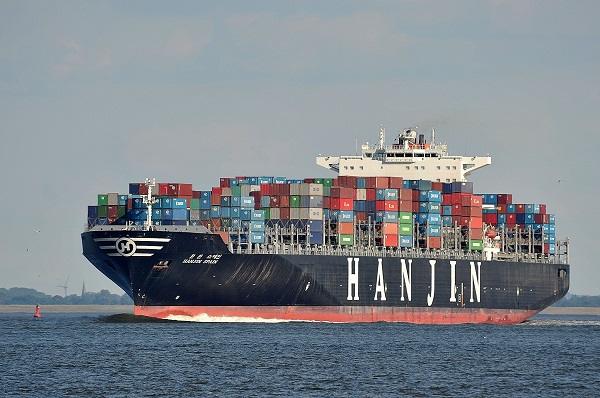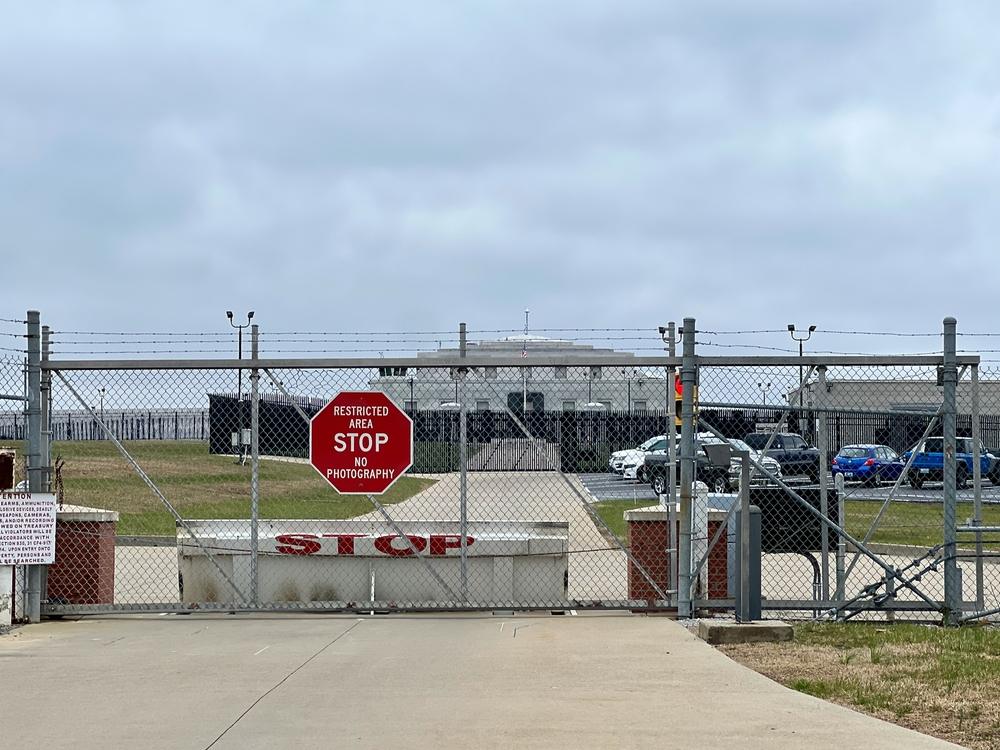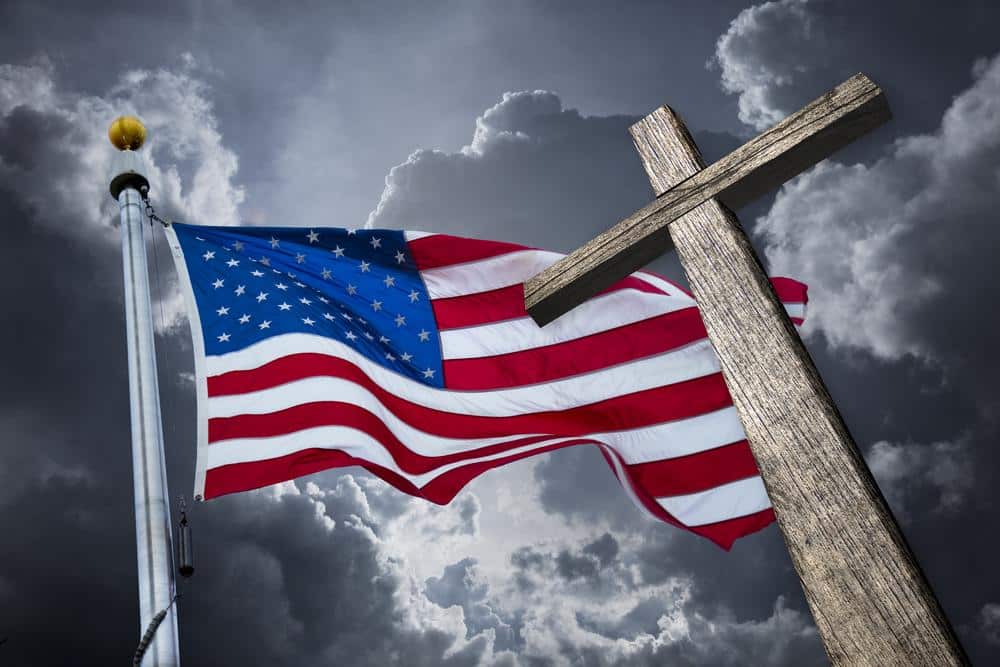
LOS ANGELES – In the latest story demonstrating the fragility of the world’s supply line, around $14 billion worth of cargo remains stuck at sea on 72 ships, one week after a South Korean company filed for bankruptcy.
The cargo – which belongs to hundreds if not thousands of different businesses in America and the world — remains in legal limbo because Hanjin Shipping Company of South Korea is trying to avoid its creditors.
Off The Grid News first reported about Hanjin’s bankruptcy on Sept. 2, but little has changed since then. More than half a million cargo containers are on the ships. Thirty-nine of the ships are simply circling off ports to avoid seizure, The Wall Street Journal revealed. Another 42 ships are still at sea heading to their designations, and at least eight vessels have been seized by creditors or authorities. Hanjin filed for bankruptcy protection in South Korea on August 31 and in the USA on September 4 after running out of money.
Be Prepared! Store An ‘Emergency Seed Bank’ For A Crisis Garden
Samsung has $38 million worth of items on the ships, and it is considering chartering 16 cargo planes to deliver goods to the US, the newspaper reported.
“We’re passengers on a bus, and we’re being told we can’t get off,” Evan Jones, a lawyer for Samsung, told the newspaper.
Hanjin’s bankruptcy reveals the fragility of the global supply chain. Around 95 percent of the world’s manufactured goods are transported in shipping containers, according to The Journal. Nearly 60 percent of the goods hauled by Hanjin come from China. The United States is the main market for Chinese-produced goods.
‘Total Mess’
Conditions at some ports are bordering on chaos, Lars Jensen of Sea Intelligence Consulting told The Journal.
“With so many Hanjin ships barred from entering ports, shippers have no idea when their cargo will be unloaded,” Jensen said. Manufacturers and brokers are afraid their cargo will be seized by Hanjin’s creditors or get stuck on impounded ships. Some ports are also refusing to allow Hanjin ships to dock or unload them out of fear fees might not be paid.
“Even in those ports, we don’t know who is going to be paying unloading and docking fees,” a broker in Singapore told The Journal. “Korea says it will be Hanjin, but Hanjin is telling us it has no money. It’s a total mess.”
Said Nat Herman, a senior vice president of the American Apparel & Footwear Association, “This is not impacting store shelves now. It will impact store shelves if the situation isn’t resolved.”
What is your reaction? Share it in the section below:











